Sorry, that’s old news…
You’ve found an older news story. We delete stories from our AAP News Feed after two months. But fear not, here’s today’s news!
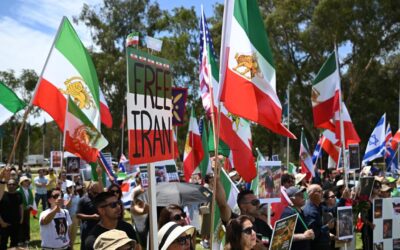
Senior government ministers have been called to a snap meeting after the US and Israel launched strikes on Iran, ...
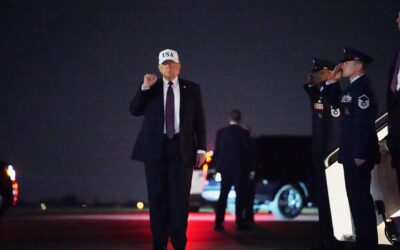
US President Donald Trump has taken the biggest foreign policy gamble of his presidency, one fraught with risks ...

President Donald Trump has urged Iranians to topple their oppressive rulers after the United States and Israel ...
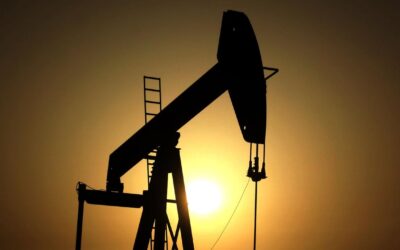
Oil traders brace for big moves next week as the fallout from US-Israeli strikes on Iran plays out on Middle East ...

Madonna has made a star appearance at Dolce & Gabbana's Milan Fashion Week runway show.
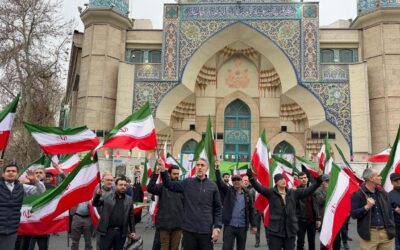
European leaders are scrambling to protect citizens and calm tensions after US and Israeli strikes on Iran.
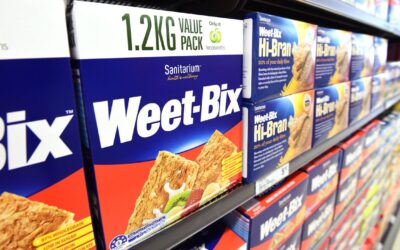
The cost of 30 essential grocery items will be cut drastically in 15 remote communities after the federal ...

A 58,000-hectare Australian expanse containing some of the world's oldest evidence of animal life could be ...
No results found.
Background image courtesy victoriancollections.net.au